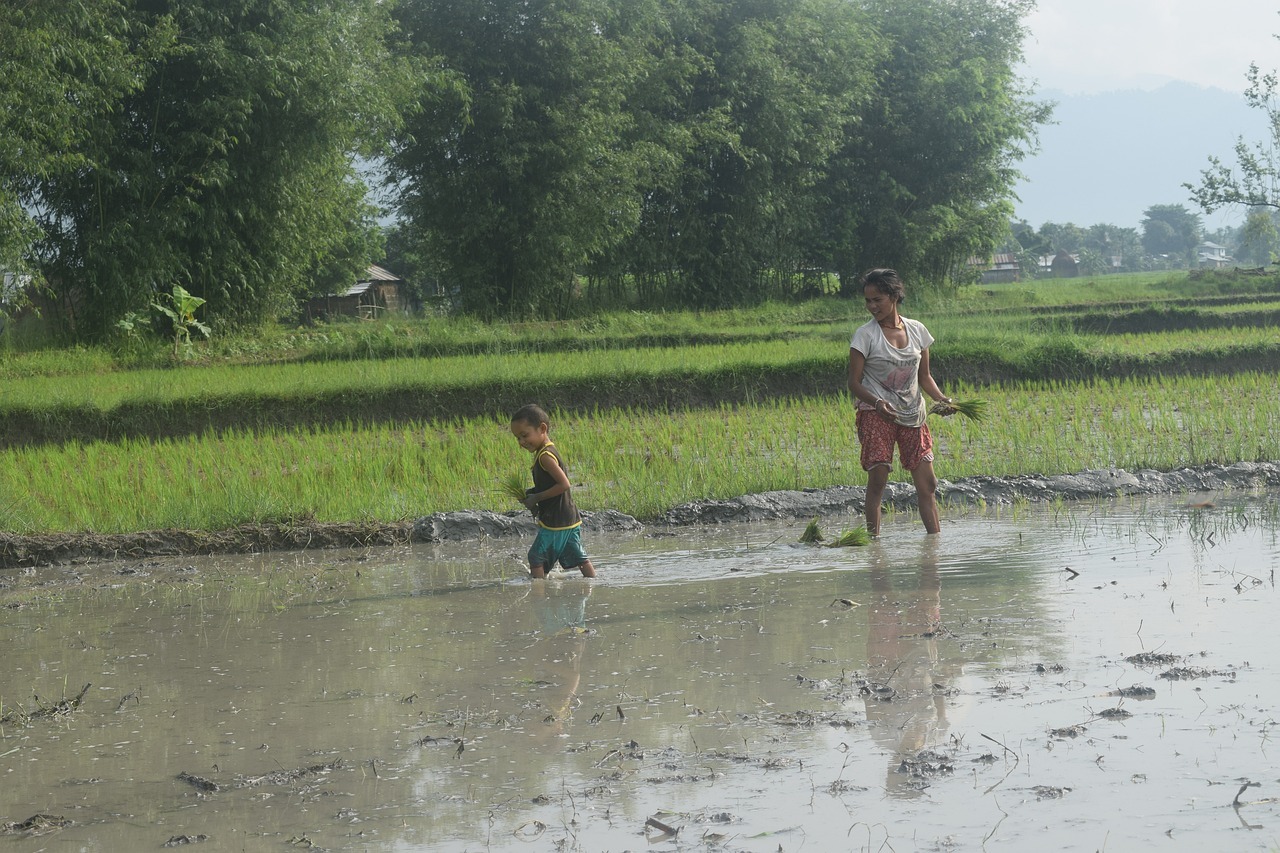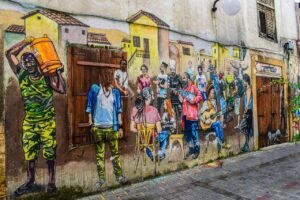The Philippines has been grappling with the heat wave and the effects of El Niño since last year, but this year’s intensity during the summer months has been particularly severe, prompting the transfer of classes online. Several provinces, including Sultan Kudarat, have declared a “state of calamity.” This declaration underscores the gravity of the situation, especially for vulnerable communities like the Menubu Dulangan people in Senator Ninoy Aquino (Kulaman), where the RNDM Sisters live and are deeply involved in the lives of the people as religious missionaries.
El Niño’s disruption of normal weather patterns has significantly impacted rainfall distribution and temperature, profoundly affecting the Menubu Dulangan people, who rely on subsistence and seasonal farming. With agricultural activities halted, they face resource scarcity, forcing them to supplement their diet with root crops and whatever vegetables survived the El Niño onslaught. Their alternative income, being hired as farm labor, is also unavailable at this time because other farmers have also ceased agricultural activities.
This crisis highlights the urgent need for concerted action on climate change, both locally and internationally. The neglect of addressing climate issues has exacerbated these disasters, akin to watching a house burn while remaining complacent. It’s high time for proactive measures and global cooperation to mitigate the effects of climate change and protect vulnerable communities from such calamities.
Meanwhile, the RNDM Sisters in the Philippines are discerning how to assist in this situation. The need is so great, so, we can only prioritize the most vulnerable members of the community.
Sr Patricia Lourdes “Petite” Lao, RNDM is a religious missionary of the Congregation of Our Lady of the Missions. She is currently a doctoral candidate of the Toronto School of Theology (Regis College) with a research interest in Indigenous-visible minority dialogue and the truth and reconciliation process.





Climate-change has already become Climate-catastrophe in the Philippines, and, as you note, especially for vulnerable communities. Thank you for bringing this reality to our attention, and helping us recognize the proximity and urgency of this call to action.